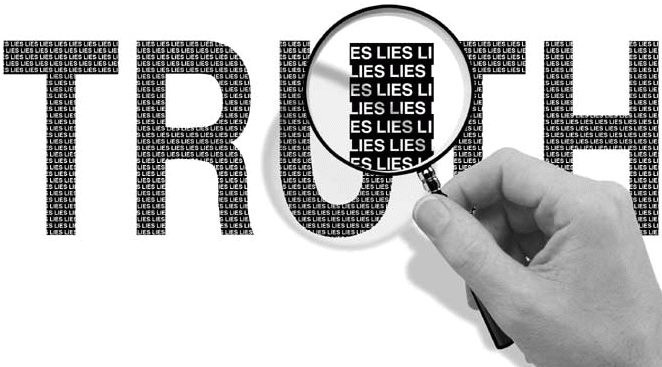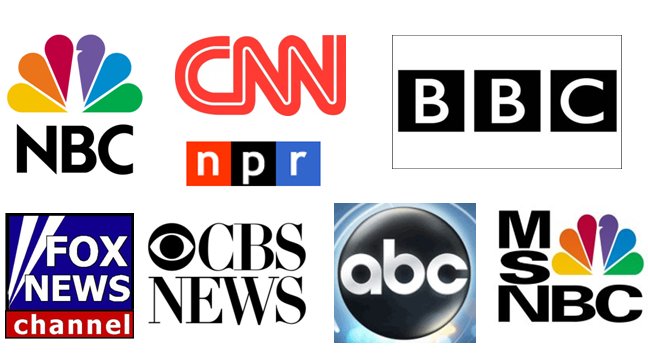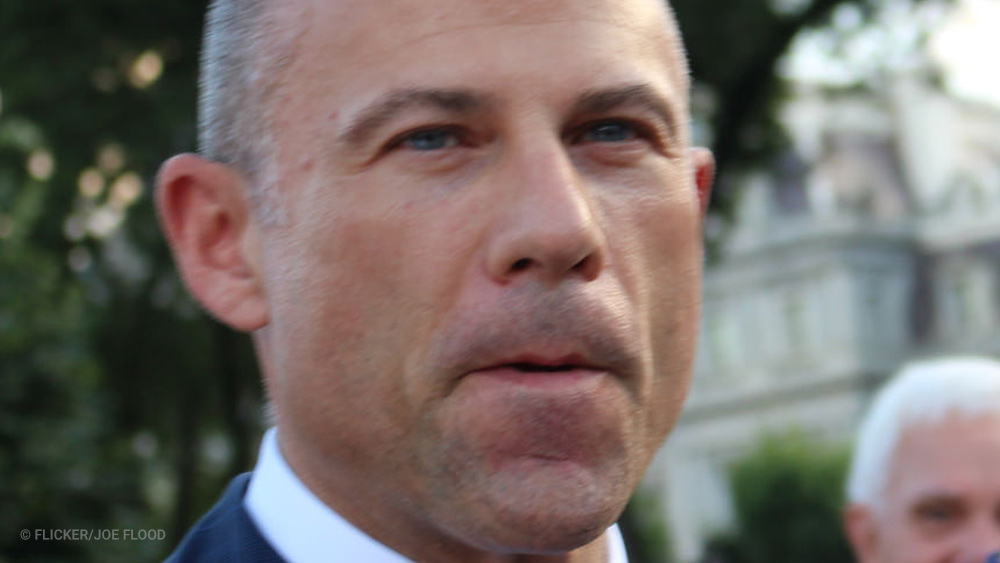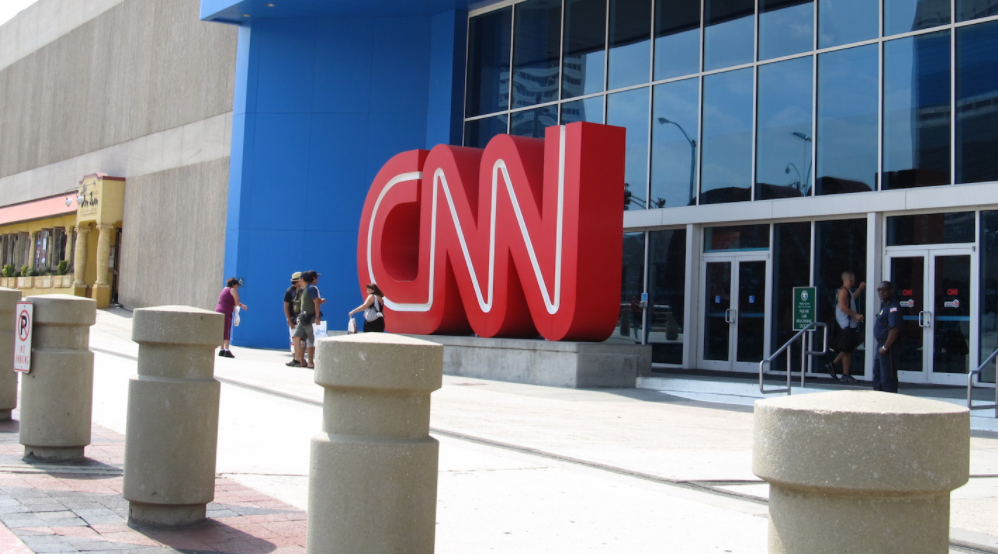Most scientific findings published by PubMed are either exaggerated or complete lies, according to new study
01/28/2016 / By Chris Draper

Scientists are often portrayed as objective, dispassionate researchers constantly in quest of the truth. However, science is a social institution subject to the same competition for grants and glory as any other establishment. As a result, some scientists tend to exaggerate the significance of their research to get ahead of their peers.
This is at least what a new study by three biomedical Dutch researchers, published in the British Medical Journal, suggests. The authors analyzed the frequency of 25 positive words like “amazing,” “remarkable,” “unprecedented” and “groundbreaking” in the abstracts listed in the biomedical database PubMed between 1974 and 2014. According to the researchers:
The absolute frequency of positive words increased from 2.0% (1974-80) to 17.5% (2014), a relative increase of 880% over four decades. All 25 individual positive words contributed to the increase, particularly the words “robust,” “novel,” “innovative,” and “unprecedented,” which increased in relative frequency up to 15,000%. Comparable but less pronounced results were obtained when restricting the analysis to selected journals with high impact factors. Authors affiliated to an institute in a non-English speaking country used significantly more positive words.(1)
What explains the spike in science hype?
The authors of the study note that their results are cross-confirmed by the findings of epidemiologist John Ioannidis, that “most published researchers findings are false,” as stated in a 2005 paper. Ioannidis suggests that competition among researchers has fueled a spike in confirmation bias, exaggeration and, in some cases, outright fraud.(1)
Others suggest that the problem of hyperbolic science spills over into the public relations industry, as mentioned by Sheldon Rampton and John Stauber in their book, Trust Us, We’re Experts:
Most academic critics of science focus on structural and economic factors that create unconscious bias, whereas the activist camps — environmental activists as well as the pro-corporate activists who campaign against “junk science” focus on deliberately deceptive manipulations by “corporate whores” or “environmentalist fearmongers.”
Unconscious biases do undoubtedly exist, as do deliberate deceptions. Yet neither of these explanations is adequate. In order to understand the manipulations that are practiced today in the name of science, it is necessary also to understand the particular habits and practices of a particular class of experts who specialize in the management of perception itself, namely, the public relations industry.(2)
Science journals more likely to publish positive results than negative ones
The Dutch researchers offer their own speculations about the recent wave of science hyperbole:
“Although it is possible that researchers have adopted an increasingly optimistic writing approach and are ever more enthusiastic about their results, another explanation is more likely: scientists may assume that results and their implications have to be exaggerated and overstated in order to get published. Our finding that scientific abstracts use more overt positive language is also probably related to the emergence of a positive outcome bias that currently dominates scientific literature. There is much pressure on scientists in academia to publish as many papers as possible to further their careers. As a result, we may be afraid to break the bad news that many studies do not result in statistically significant or clinically meaningful effects.”(1)
The researchers go on to note that most research findings are, at minimum, exaggerated, and at most, false.
It has been widely known that science has experienced an exponential growth in the last decade. These findings are unique because they demonstrate that positive words in PubMed abstracts have been increasingly used between 1974 and 2014, most likely due to positive outcome bias that plagues scientific literature.
The authors of the study did not receive any funding and disclosed no conflicts of interest.(1)
Sources include:
(1) BMJ.com
(2) Amazon.com
Tagged Under: British Medical Journal, exaggerated claims, PubMed, science, Unconscious bias




















